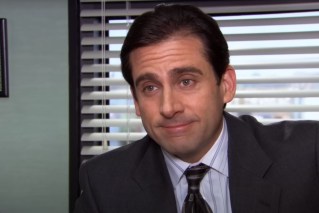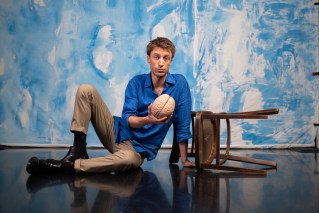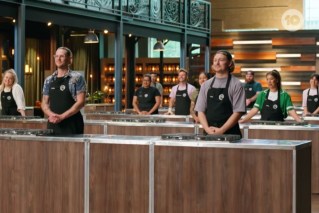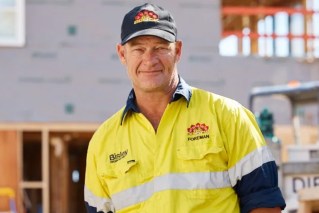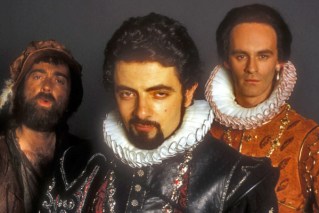Craig Reucassel: ‘Maccas stuffed up our edit’
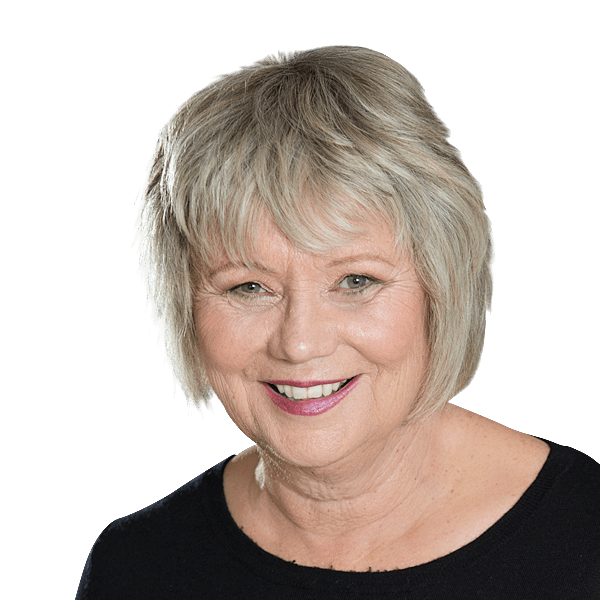
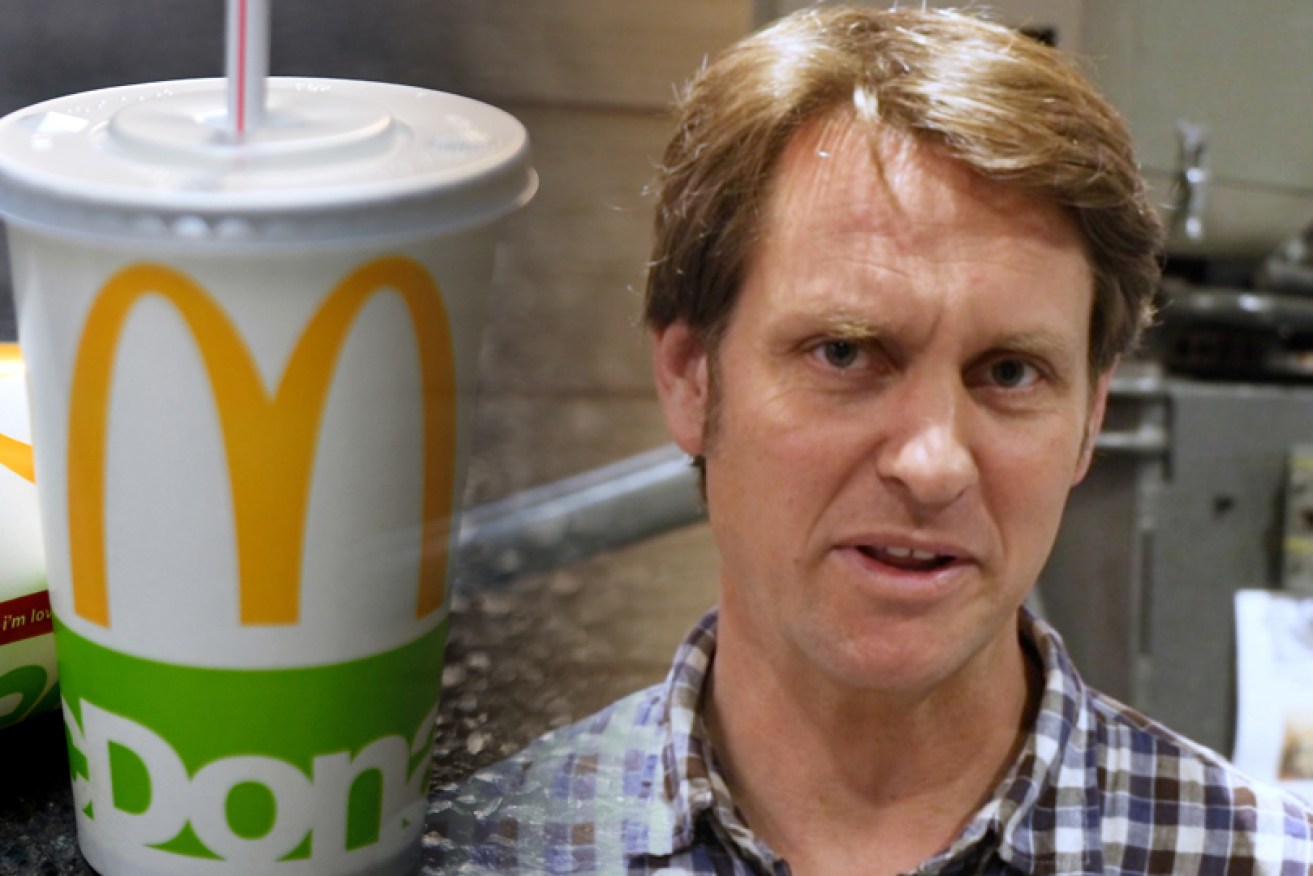
The McDonald's straw announcement is curiously timed. Photo: TND / Getty
McDonald’s may have announced it is phasing out plastic straws by 2020 – but the ABC’s War on Waste host Craig Reucassel has a new mascot for the fast food giant in the meantime.
As part of the second series, which starts on July 24, Craig gatecrashed McDonald’s headquarters in Sydney armed with McChokey – a huge turtle made from just a few of the millions of the straws handed out every day by the food giant.
They were quickly shown the door and McDonald’s refused an interview for the series, saying it was waiting to see what happened to the trials overseas before trialling a ban in Australia.
Could the imminent screening of War on Waste, with McDonald’s among its targets, have had anything to do with the apparent change of heart?
McDonald’s told The New Daily the decision was part of a “long-term journey” and it was “not necessarily” coming up now because of the series.
Reucassel, meanwhile, says the timing is no accident.
“I think they timed the announcement mostly to stuff up our edit,” he smiles.
But the show will go on and the fact that Australians use an estimated 10 million-plus straws every day remains in the show’s sights – partly because it’s so easy for people to say no to a straw.
Ten-year-old Cairns activist Molly Steer, who has launched the successful Straw No More campaign, took Reucassel fossicking around pubs and cafes.
“The amount of straws in a small area was quite overwhelming, but we saw so many McDonald’s straws.”
She showed him how turtles can be affected and McChokey was the result.
“Straws are not the biggest part of the waste scenario, but a lot of people have seen turtles with straws stuck up their noses and that is quite chilling footage. They also get floater syndrome from eating plastic, which means they can’t eat and they starve.”
Mobile phones and other electronic waste are also targeted in the new series – along with food waste and cheap furniture.
It notes that up to 48,000 tonnes of used furniture is disposed at the kerbside by two million houses in the Greater Sydney region alone.
That’s the equivalent of 800,000 three-seater settees, 1.65 million dining tables, 3.4 million coffee tables and 6.85 million chairs.
The big change since the last series was the abolition of single-use plastic bags by Coles and Woolworths.
“The fact that they went ahead of the state governments really surprised me,” Reucassel says.
And he labels as “ridiculous” the backlash experienced by the supermarkets for their move.
“I’ve just been in South Australia, where they’ve had that situation for almost 10 years and they are mystified.”
He’s careful not to take the credit on behalf of War on Waste for these changes. But he admits, “It helped.”
His own family has reduced its waste by between 50 and 60 per cent and says there’s a way to go yet – for all Australians.
Will there be another War on Waste series to help the process?
“I don’t know. For me, it depends entirely on whether or not there are enough stories or initiatives to talk about. We’ll see.”


